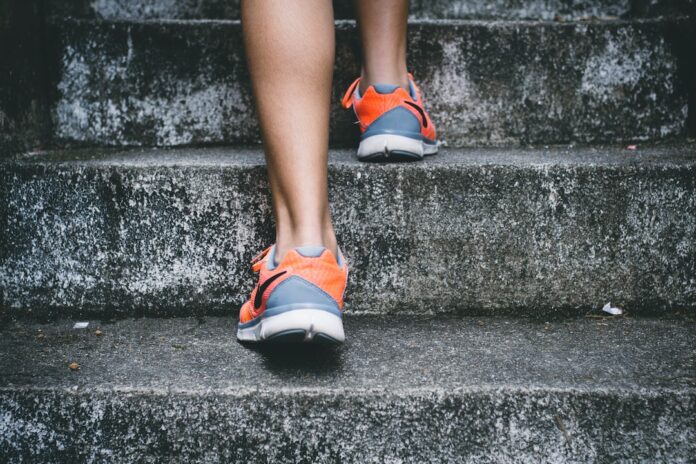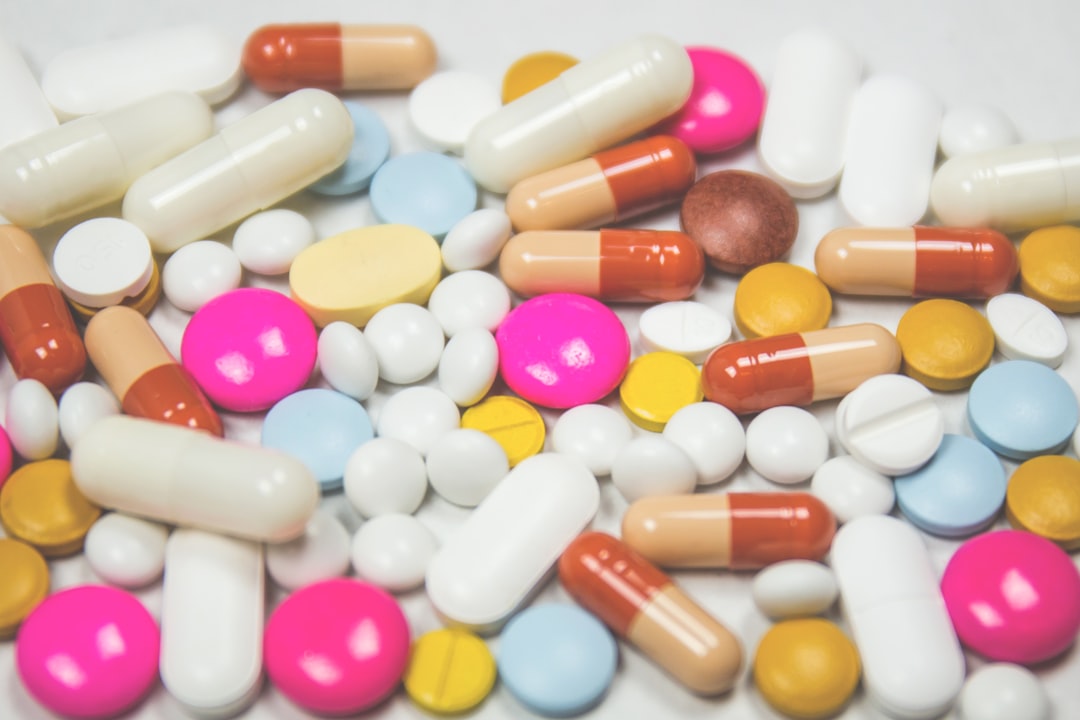Introduction
When it comes to achieving your fitness and health goals, it’s important to maintain a balanced lifestyle. This includes having a well-rounded diet, staying active, and getting the proper rest. One factor that often gets overlooked is the impact of alcohol on your progress. Although moderate alcohol consumption can be beneficial in moderation, it can also have a negative effect on your fitness and health goals. In this blog post, we’ll take a look at the impact of alcohol on your fitness and health goals.
The Effects of Alcohol on Your Fitness Goals
Alcohol can have a negative effect on your fitness goals, as it can impair your performance and recovery. When you consume alcohol, it can reduce your energy levels, decrease your strength and endurance, and lead to dehydration. All of these factors can make it harder to stick to your fitness routine.
Alcohol can also have an effect on muscle growth. While moderate drinking can have some positive effects on muscle growth, excessive drinking can lead to muscle wasting. This can impact your ability to reach your fitness goals.
The Effects of Alcohol on Your Health Goals
Alcohol can have a significant impact on your health as well. Heavy drinking has been linked to an increased risk of certain diseases, such as heart disease, stroke, and liver disease. It can also lead to an increased risk of certain types of cancer.
In addition to increasing your risk of certain diseases, alcohol can also impair your immune system. This can make it harder for your body to fight off illnesses, such as the common cold and flu.
Tips to Help Limit the Impact of Alcohol on Your Goals
If you’re looking to limit the impact of alcohol on your fitness and health goals, there are a few steps you can take. First, be mindful of how much you’re consuming. Try to stick to the recommended guidelines for moderate drinking, which is no more than two drinks per day for men and one drink per day for women.
Second,
Photo by freestocks on Unsplash
watch out for empty calories. Alcoholic drinks are often high in calories, so try to limit your intake of sugary drinks. Finally, make sure you’re getting enough rest and staying hydrated. This can help to offset the effects of alcohol on your body.
Conclusion
Alcohol can have a significant impact on your fitness and health goals. Excessive drinking can lead to decreased performance and muscle wasting, as well as an increased risk of certain diseases. To limit the impact of alcohol on your goals, it’s important to be mindful of your intake and make sure you’re getting enough rest and staying hydrated. By following these tips, you can ensure that alcohol doesn’t stand in the way of achieving your fitness and health goals.1. Set limits or goals for yourself. Consider limiting your alcohol intake to no more than one or two drinks, and aim to have no more than one drink per day.
2. Avoid drinking in excess. Binge drinking or drinking too much in one sitting can have serious impacts on your health.
3. Drink slowly and alternate with non-alcoholic drinks. This will help to reduce your overall consumption and keep you hydrated.
4. Avoid drinking before exercise. Alcohol can impair your performance and increase the risk of injury.
5. Eat before or while drinking. Eating before or while drinking will help slow the absorption of alcohol into your bloodstream.
6. Avoid drinking on an empty stomach. Drinking on an empty stomach can cause your blood alcohol level to rise faster.
7. Make healthy choices. Choose drinks that are lower in calories and opt for healthier mixers like sparkling water or soda water.
8. Monitor your alcohol consumption. Being aware of how much you’re drinking can help you stick to your goals.
9. Talk to a doctor. If you’re concerned about your drinking, talk to your doctor about what’s safe for you.Your doctor knows your overall health status and can help you decide whether you need to cut back on your drinking and can recommend resources that can help you.




